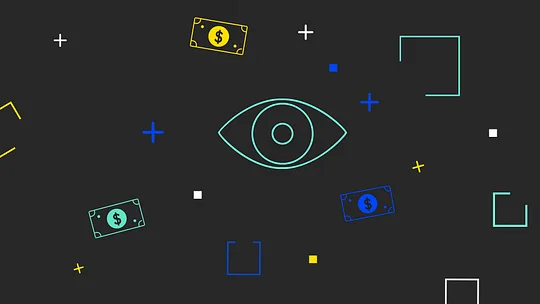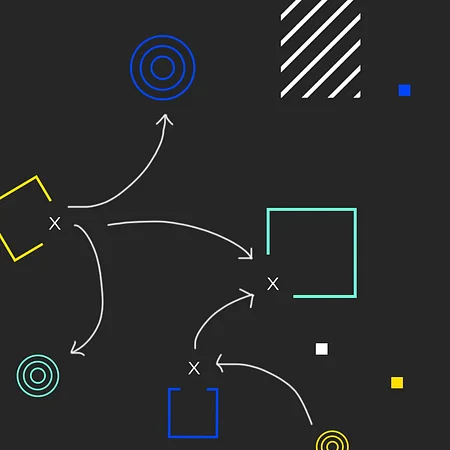6 takeaways from the latest episode of Decoding: Banking as a Service

The fifth episode of our brand-new video series, Decoding: Banking as a Service, is here! If you missed it (or any of the others) catch up here. Here’s a rundown of this episode if you prefer reading to watching 📖
Everything is fintech 💰
All companies will eventually become a fintech company
The payment process is already part of every experience, because every business involves selling something in exchange for money. So if there’s a way to do that faster and more seamlessly, why wouldn’t we?
Take Uber for instance. They started out using embedded financial services as a way to pay their drivers, but now they’re talking about credit cards and other banking services. It’s for this reason that companies like Bond are building an infrastructure that allows not only fintechs, but brands, to distribute financial products: because it’s the future.
BaaS can improve financial inclusion
One of the key benefits of BaaS is that it can enable the market to address - and democratise finance for - everyone. It can help us to serve the underbanked in the US and Europe, as well as in other countries which might otherwise be overlooked. Individual markets could also benefit.
BaaS currently enables banks like BBVA to help businesses in a variety of different markets that aren’t so easily served by traditional banking products. Ed-tech and clean agriculture are two industries that could reap the benefits of embedding finance and remixing how things currently work.
It would be vision unfulfilled if we just made this really easy for people who are already affluent.
Sankaet Pathak, Synapse
If every company becomes a fintech company, is that a good thing? 🤷♀️
There are risks we need to mitigate
More and more providers are entering the space and offering new things, and what happens next is going to affect how people adopt BaaS. Risks, such as brands using BaaS incorrectly or offering credit in an uncontrolled way, are real, and we need to watch out for these as adoption continues to rise.
There will be some winners and losers in this new ecosystem.
Melissa Stringer, 11:FS
While there are some brands we trust more than big banks (such as Square in the US, which is a favourite among millennials) there are some brands we simply would not trust to be our banks. This will continue to be one of the questions brands need to ask themselves - how much trust do they need in order to offer financial services, and do they already have it?
Finance shouldn’t become too dispersed
If financial services become too separate, it could place a cognitive burden on customers. There’s value in separating people’s finances out in some ways, but not to the point it becomes overwhelming.
Where we are today, a little saturation wouldn’t be a bad thing, but we should be cautious about heading towards a totally fragmented financial services industry.
Could fintech be the 4th platform? 🍀
Matt Harris, a VC focused on financial services, talks about fintech as becoming the 4th platform technology (after the internet, cloud and mobile). But is he right?
Fintech is removing barriers to the free movement of money
Money makes the world go round, and it’s taken far too long for us to be able to move money quickly. The combination of finance and technology (‘fintech’) has the potential to change this. History is full of examples of removing friction resulting in incredible growth, so why should financial services be any different?
Fintech could help us solve social problems
If you want to change the world, you have to change how finance moves. Whether you care about human trafficking, responsible sourcing, carbon emissions or something different, changing the way we manage our finances can change that issue - for the better.
If finance begins to show up everywhere, what’s that going to mean and how do we enable it?
Simon Taylor, 11:FS
If you missed this episode of Decoding: Banking as a Service, watch it in full over on YouTube now!



